Tbilisi braces for hot autumn as local elections approach Georgian Dream maintains political initiative
The Georgian Dream party is not only preparing for local elections but also maintaining the political initiative by advancing unconventional steps and proposals that are sowing discord within the pro-Western opposition.
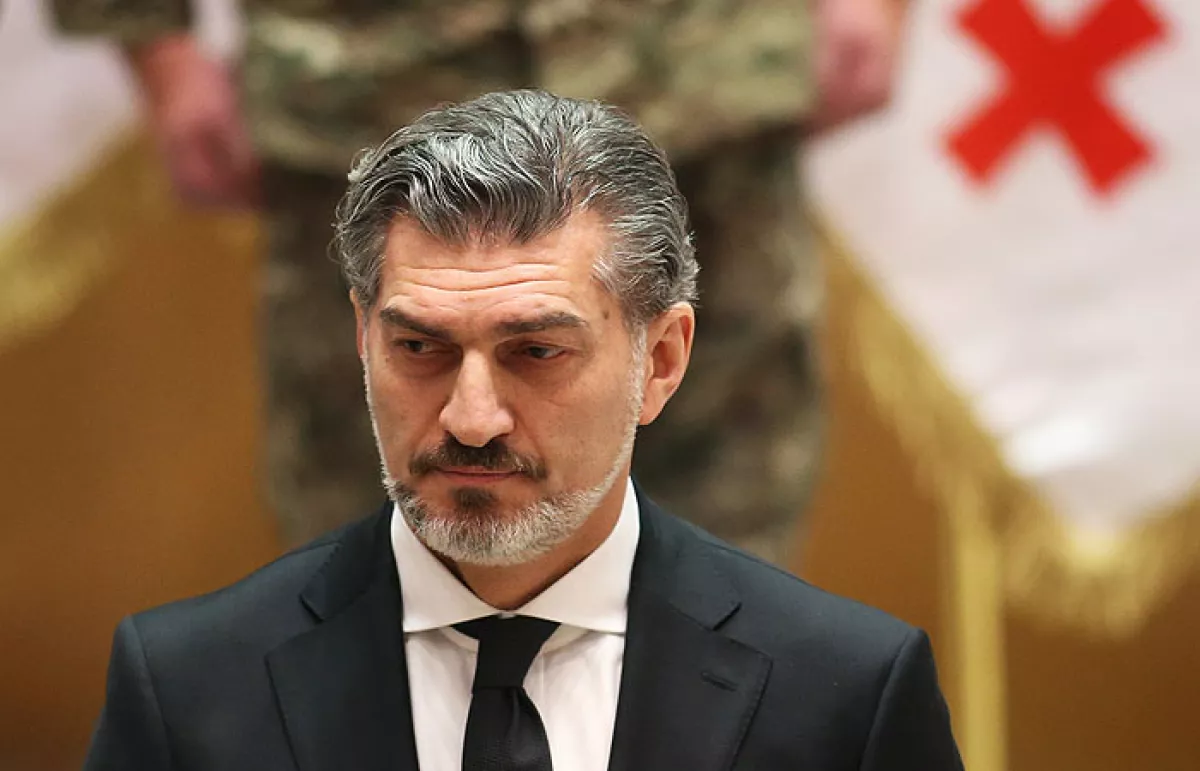
On July 4, 2025, Georgian President Mikheil Kavelashvili called on imprisoned opposition politicians to submit requests for pardons and confirm their willingness to participate in the elections. He pledged to immediately issue a pardon decree upon receiving such applications.
"Exactly three months from now, on October 4, 2025, local self-government elections will be held, during which the people of Georgia will elect mayors and city councils in 64 municipalities. It is important that all political parties registered in accordance with Georgian legislation and expressing a desire to participate are able to take part fully in these elections. It is also essential that all parties have the opportunity to conduct a full-scale election campaign.
As the public is aware, certain leaders of several political parties are currently serving prison sentences under Georgian law. Taking this into account, I propose that all relevant convicted politicians submit a request for pardon to me, and in that same request confirm their willingness to participate in the elections. Upon receiving such an appeal, I will immediately issue a decree pardoning the respective convicts,” Kavelashvili’s statement reads.
By offering pardons to opposition leaders who agree to take part in the local elections, the Georgian authorities have triggered a new wave of infighting within the opposition. Immediately after Mikheil Kavelashvili’s announcement, opposition leaders who had previously declared a boycott of the local elections began accusing the parties Strong Georgia and Gakharia — For Georgia of "collaborationism."
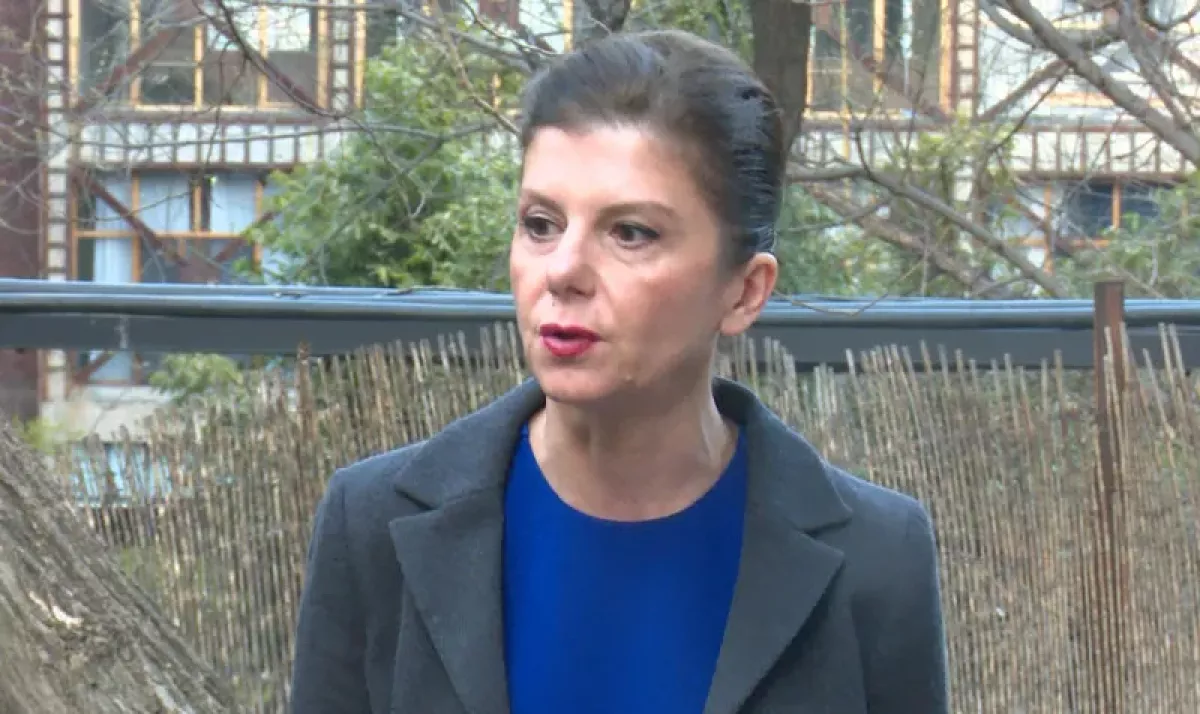
“On behalf of the Federalists, we declare: as part of our campaign of non-recognition, our target will be not only the regime itself, but also its collaborators... Normalising the regime by legitimising elections it has orchestrated is wrong and damages national interests,” Federalists party leader Tamar Chergoleishvili wrote on social media.
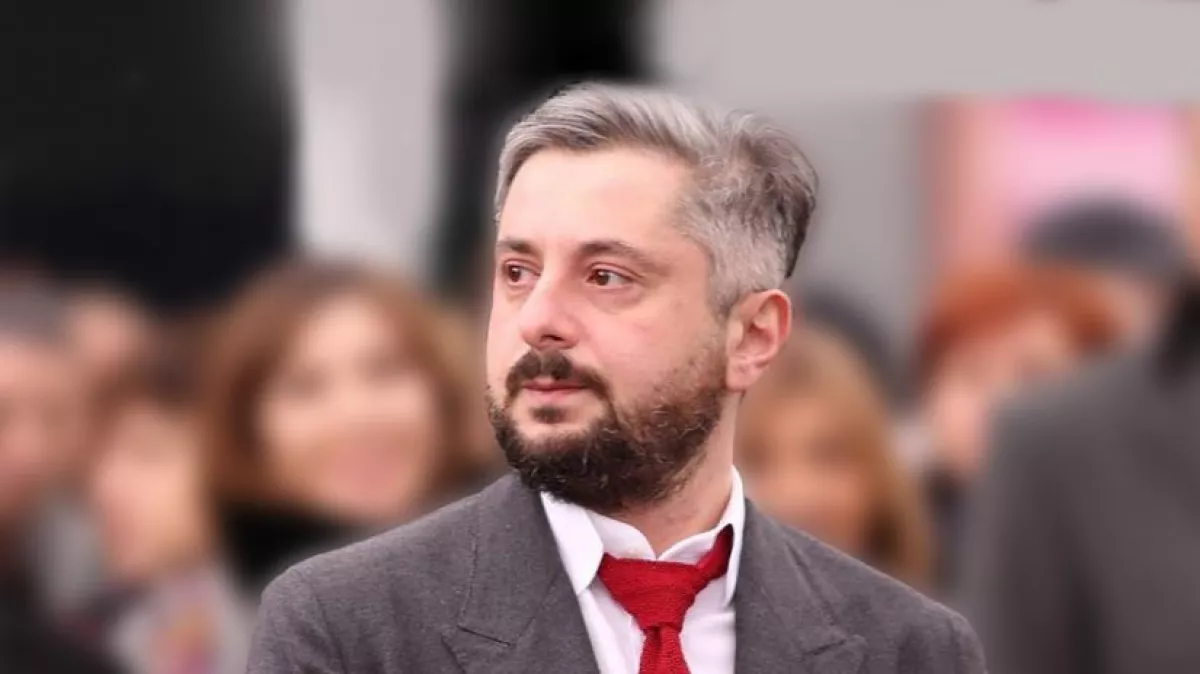
One of the leaders of the opposition party Ahali (part of the Coalition for Change), Nika Gvaramia, also criticised the participation of Strong Georgia and Gakharia — For Georgia in the elections. “This is more than a crime — it’s a mistake. It’s regrettable,” he said.
Despite internal disagreements among opposition parties over participation in the local elections, their shared goal of changing the government through mass protests remains unchanged. Moreover, pro-Western NGOs — seemingly acting on behalf of the EU — have launched an active campaign to shape public opinion in Georgia, promoting a narrative of a "decline in the ruling party’s popularity" and the "growing appeal" of the opposition in Tbilisi.
The Institute for Social Studies and Analysis (ISSA) recently published the results of a June survey conducted with support from the Civil Society Foundation in Tbilisi. According to the findings, the opposition Coalition for Change nearly doubled its support compared to May — rising from 10.6% to 21%, while the United National Movement (UNM) grew from 13.9% to 16.5%. The ruling Georgian Dream party appears to be losing ground in the capital, with its Tbilisi approval rating falling to 23% in June from 24.6% in May.
However, ISSA acknowledges that Georgian Dream still enjoys strong support nationwide: in June, 35.8% of voters said they would vote for the party, compared to 35.2% in May. In second place are the Coalition for Change with 18% (up from 17% in May) and UNM with 16.6% (up from 14.6%). Strong Georgia saw a decline in support from 13.4% to 9.5%, while former Prime Minister Giorgi Gakharia’s For Georgia dropped from 12.4% to 10%.
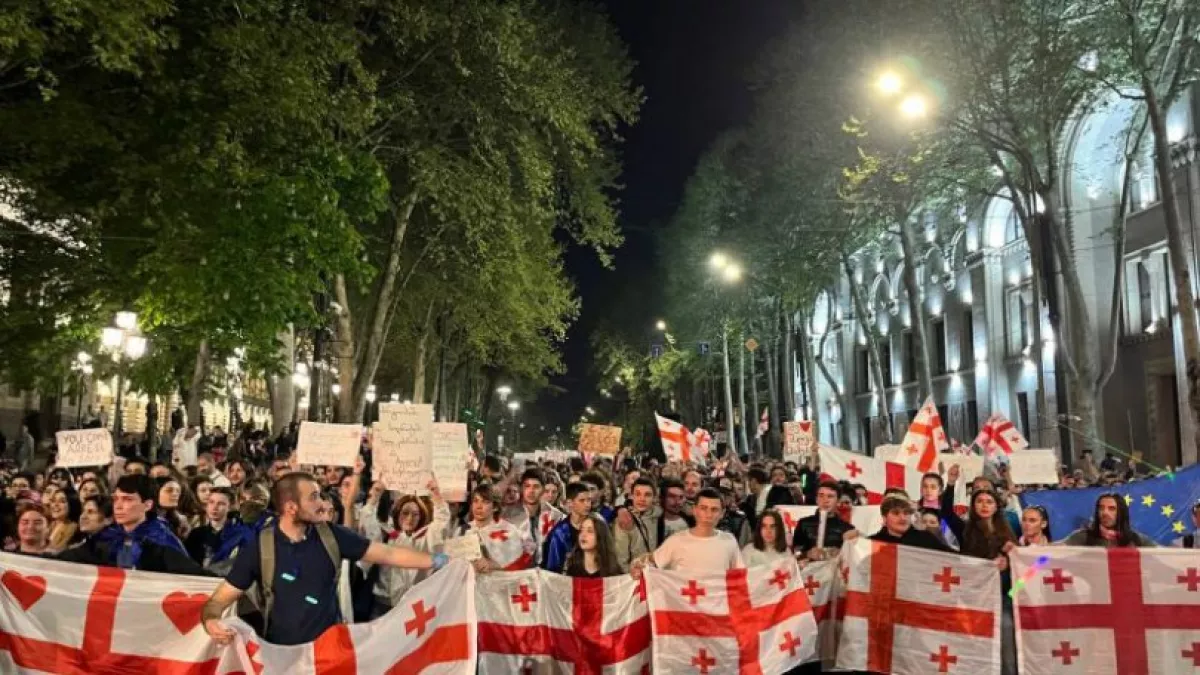
Moreover, according to the ISSA poll, 57.7% of respondents said the country is “moving in the wrong direction,” while only 37.8% support the current course. The study also revealed a stark contrast between the views of Tbilisi residents and those in the regions: in the capital, just 25.3% believe the country is on the right track, compared to 43.5% in other localities.
The purpose of such surveys is clear — to attempt to derail the upcoming local elections. And if that fails, to use the results as a pretext for accusing the government of “electoral fraud.” In such a scenario, a victory by Georgian Dream would be portrayed as contradicting the “European aspirations” of the Georgian people. Externally backed opposition forces may once again try to stir unrest in Tbilisi, which they have repeatedly viewed as the “epicentre of a Maidan-style uprising.”
It is no coincidence that Georgia’s Central Election Commission (CEC) issued an official statement, stressing that the OSCE resolution on the October 2024 parliamentary elections is being used to discredit the election administration and undermine the electoral process.
As noted in the CEC statement, neither the OSCE/ODIHR report nor the OSCE resolution mentions any electoral fraud. Nevertheless, certain individuals continue to spread manipulative claims in the media, alleging that the elections were “rigged” and that this is supposedly “confirmed” by the OSCE resolution. In this way, the opposition is gradually conditioning public opinion to view the upcoming local elections as already “fraudulent” in advance.
Georgian Parliament Speaker Shalva Papuashvili openly accused EU-funded organisations of preparing to disrupt the elections. According to him, the NGOs attacking the CEC and the electoral process are now receiving funding from the EU budget after the United States ceased its support in this area.
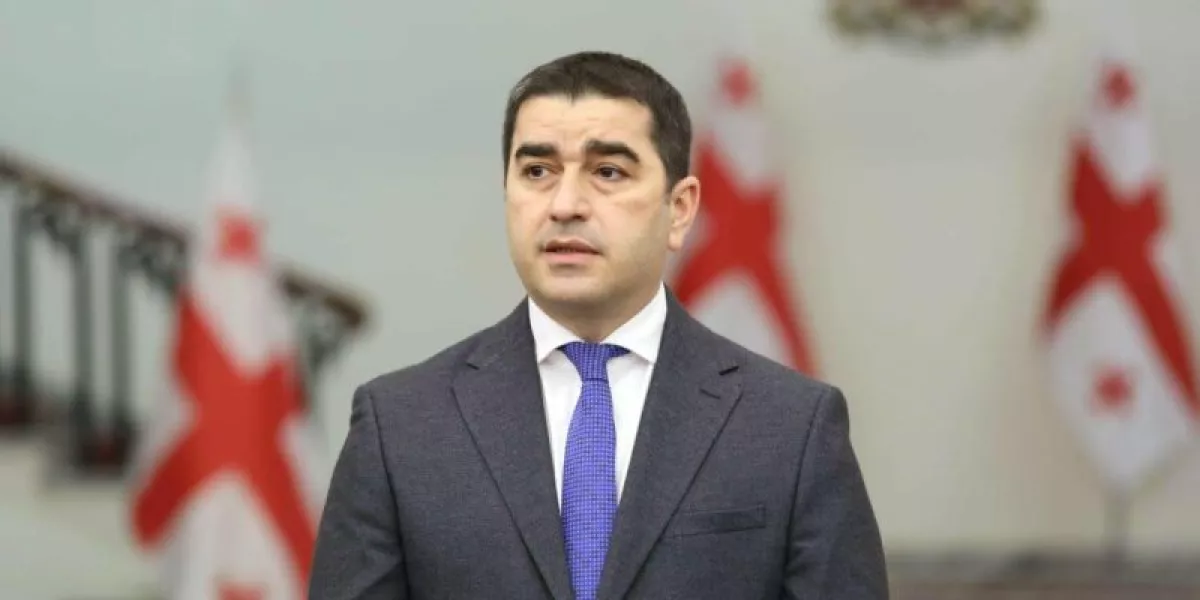
"Since last year, we tried to show restraint ahead of the elections — whether toward ambassadors or politicians — and we saw the result. It led to even more blatant interference in our elections. Therefore, it must be stated plainly: organisations funded by the EU delegation are preparing to disrupt the local self-government elections, and full responsibility for this will lie with the donors.
In each such case, we will respond loudly and directly name both the organisation and the donor, because this constitutes a violation of international law. Our task is to prevent the European Union from violating international law. This is also the will of our people — to protect the reputation the EU has, but which Brussels bureaucrats are actively destroying.
We will not allow the Brussels bureaucracy or individual donors to undermine the EU’s reputation and the European values they so often speak of, but in practice violate themselves. In this context, we welcome the CEC’s statement, and in every similar case, our reaction will be firm.
We will not allow interference in the elections of a sovereign state — neither by any organisation nor by the ambassadors of any country. We will expose every such attempt. Foreign actors will not be given the opportunity to derail our elections," said Papuashvili.
Meanwhile, certain external forces are more interested than ever in either derailing the local elections or using them as a pretext to destabilise the situation in Tbilisi. Public opinion in Georgia is already being shaped to view the capital as standing against Georgian Dream.
It is therefore all but certain that a victory by the ruling party in the Tbilisi City Assembly elections — as well as the likely re-election of incumbent Mayor Kakha Kaladze — will be seized upon by the opposition as a trigger for destabilisation.
As a result, Tbilisi may well see renewed protest rallies and attempts to forcibly change power under the familiar pretext of “election fraud.”
By Vladimir Tskhvediani, Georgia, exclusively for Caliber.Az








